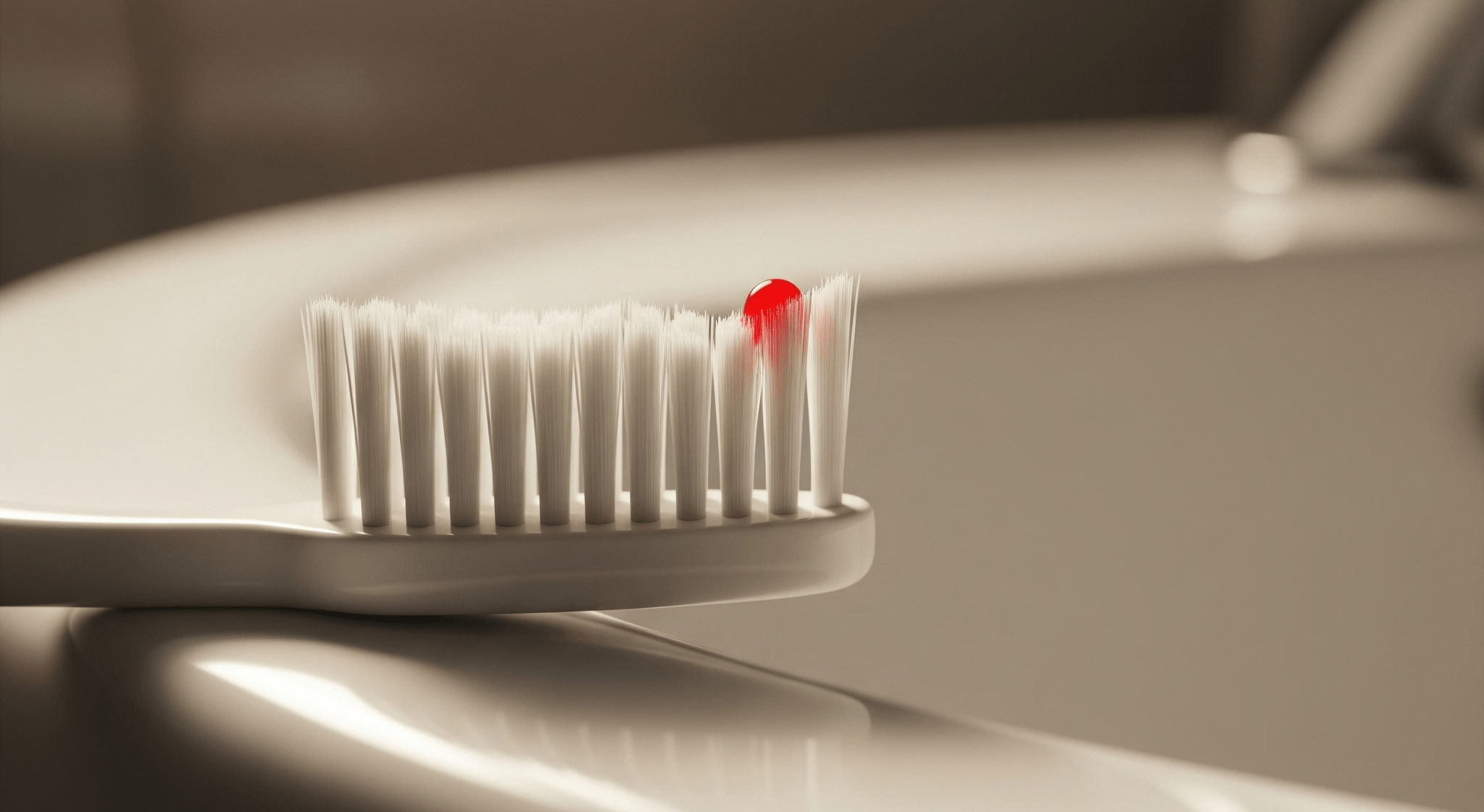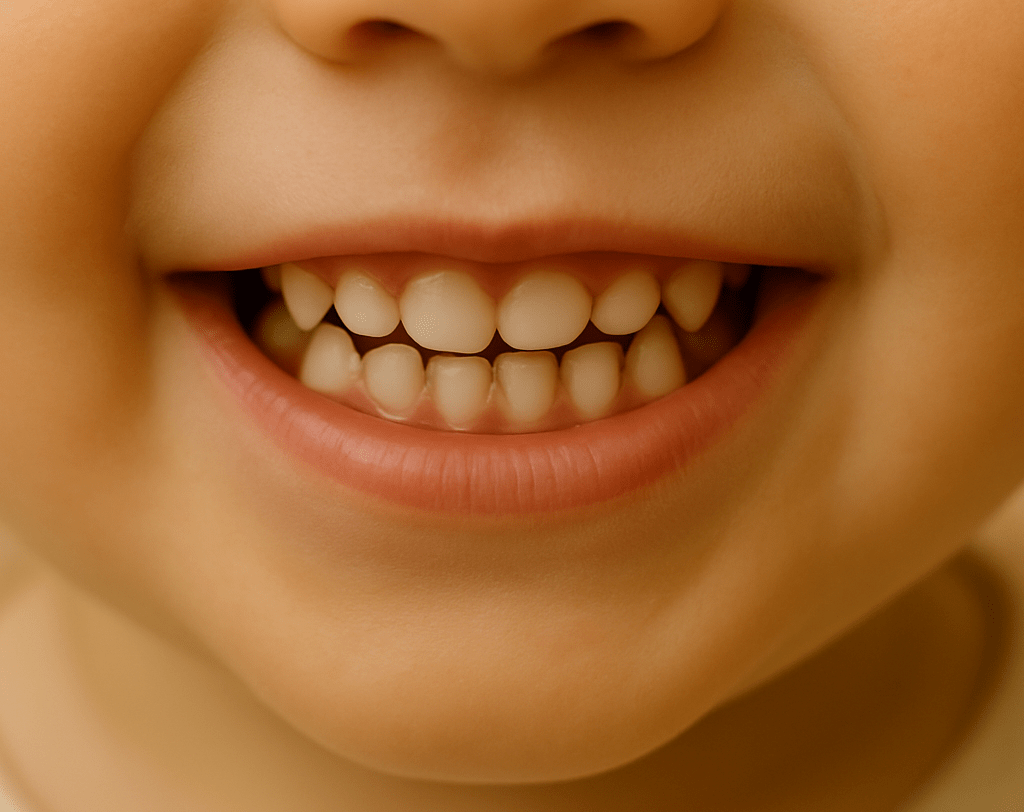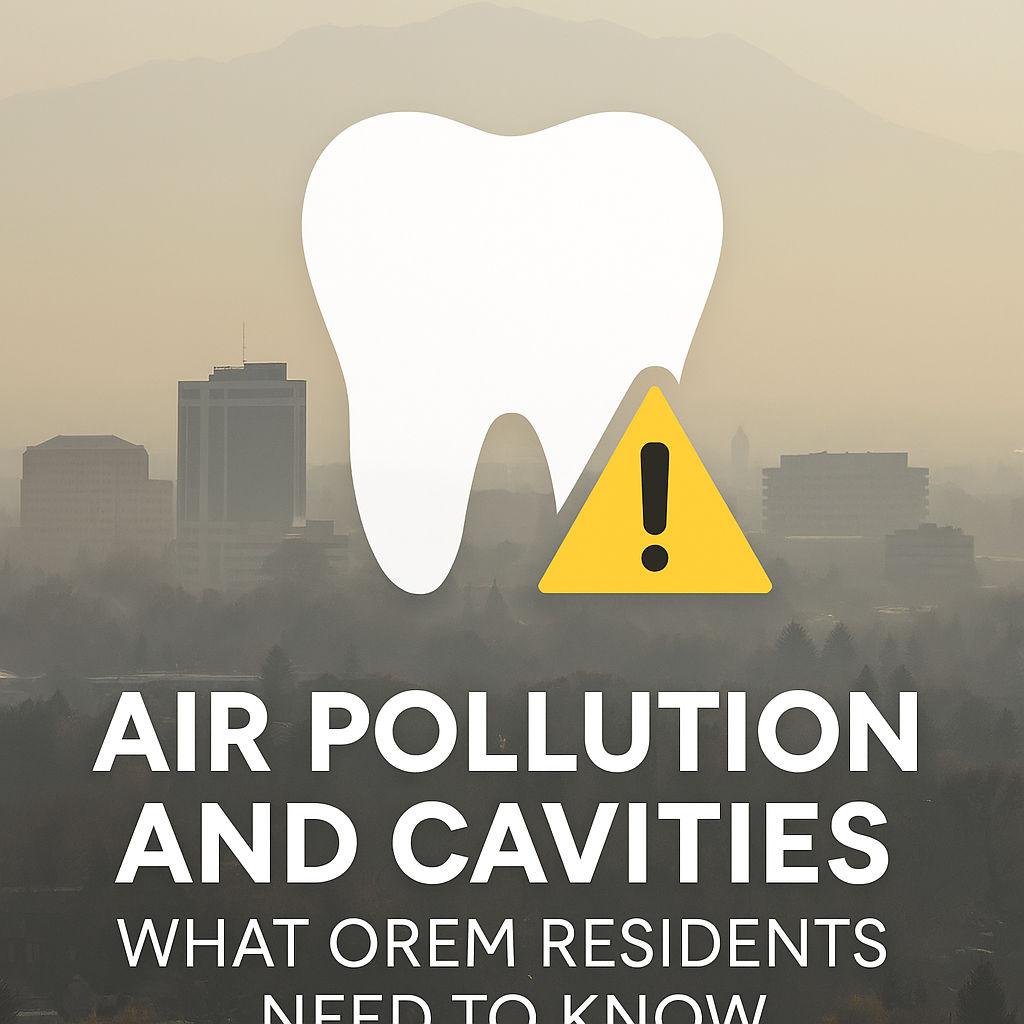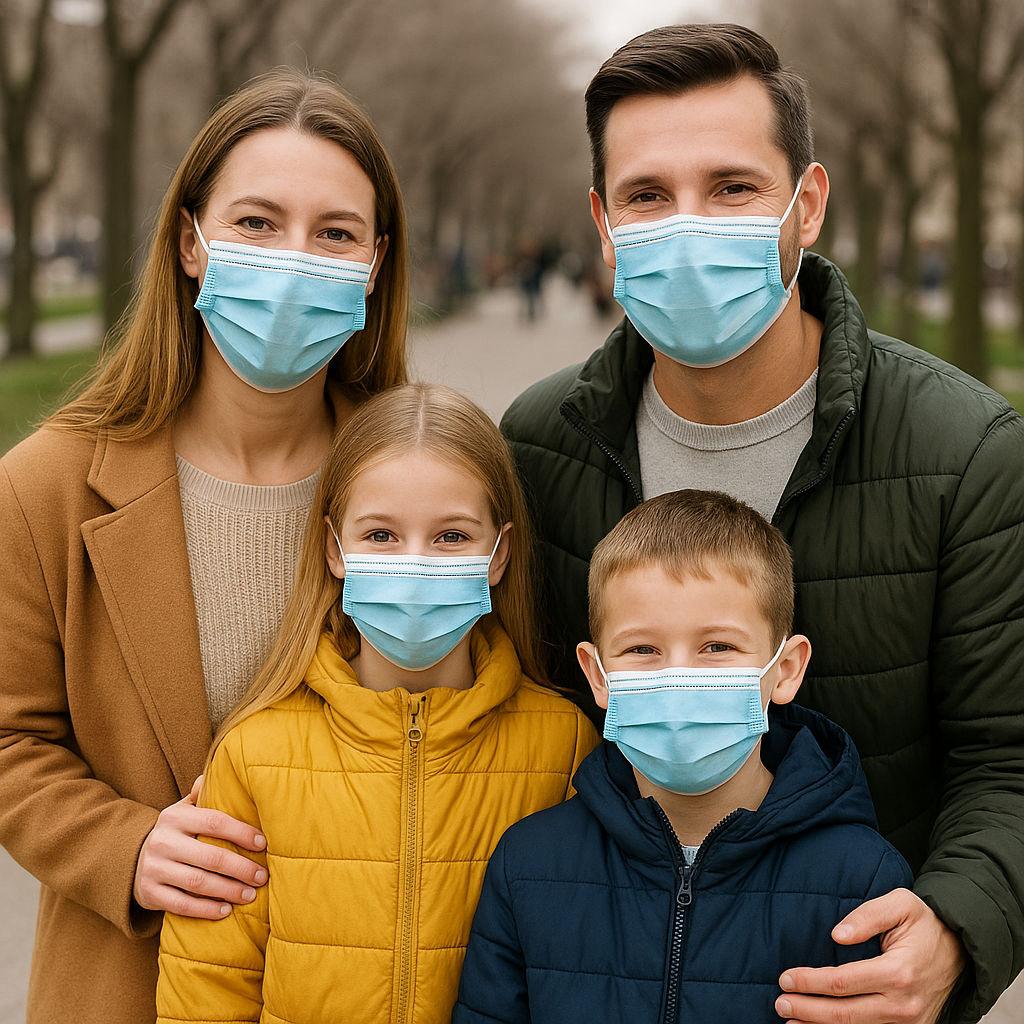Blog Highlights:
- There are a lot of people today who want to go to other countries so that they can avail of cheaper dental treatments
- U.S. dentists follow the guidelines given by the U.S. Center for Disease Control and Prevention for infection control
- Since many dental surgical procedures require ample time for recovery and follow-up, you will have to consider having continuity of care as soon as you arrive
- Dentists who are trained in the U.S. must be a graduate of a dental school that has been accredited by the American Dental Association Commission on Dental Accreditation
- The transfer of patient records outside the U.S. must comply with the current privacy and security guidelines of the U.S.
People who are planning to go on a trip outside the country are advised to get a dental checkup before leaving. This is especially true for those who want to go to remote areas in developing countries that cannot provide you with access to proper dental care. Those who want to travel outside the United States specifically to avail of cheaper dental treatments on the other hand, should remember the following before they embark on a dental tourism:
Question: Is dental tourism safe?
Answer: Dentists in the United States use only the equipment and the drugs that pass the country’s high standards. Each dentist and dental clinic must follow the U.S. Center for Disease Control and Prevention guidelines when it comes to infection control procedures for the dental healthcare setting. These guidelines must be maintained to help prevent the spread of infections and blood borne diseases such as AIDs and hepatitis. Dentists in the U.S. are also obligated to abide by the regulations for radiation safety or the use of X-ray equipment, as well as for the disposal of biomedical waste. Any drugs, materials, and dental instruments used or administered are regulated by the U.S. Food and Drug Administration to ensure that they are safe. These standards are used to help protect you.
Question: How much time do I need for recovery and what follow-up care should I get?
Answer: A lot of dental procedures which are surgical in nature will require months for proper healing. This should also be included in your travel plans. Also, many dental procedures will require follow-up treatments or checkups just to make sure that you are healing properly and that you are getting the right results. Risks after getting dental surgical treatments can include infections, swelling, pain, and bleeding. This is why before you make any treatment decisions; you should also consider the fact that you might be needing continuity of care. By creating a “dental home” you can get comprehensive oral health care that will allow you to avoid gum disease and tooth decay or to diagnose it at an early stage. This will also allow you to get treatments that are cheaper and simpler. Getting a dentist who knows your case history can help guide you towards maintaining a good oral healthcare regimen, he or she can also provide you with the right oral health treatments and services which are based on your own needs.
Question: What qualifications must dental professionals have?
Answer: Dentists who are trained in the U.S. must be a graduate of a dental school that has been accredited by the American Dental Association Commission on Dental Accreditation. Each of them must pass national examinations, and they you should be able to meet the requirements provided by the state before they can have a license to practice. Although a similar level of training maybe given to dentistry students in the country that you are visiting, it is difficult to determine whether or not that country will also provide the same dental regulations.
Question: Will I have insurance coverage for the dental procedures that I avail of in other countries?
Answer: Some people do have insurance for dental care which is performed outside the country. But you will have to confirm with your employer and your insurer if your follow-up treatments are also covered as soon as you return to the U.S. To ensure the continuity of care upon your arrival in the U.S., you should consider getting follow-up care with a U.S. dentist. If you do not have one, you can find a dentist who is an ADA member in your area. You can do so at the ADA Find-a-dentist. The U.S. dentist as well as the dentist from the other country should confirm that the transfer of patient history and records to facilities outside the U.S. must comply with the current privacy and security guidelines of the U.S.
Question: Where can I get travel advisories?
Answer: With the help of the U.S. Department of State, U.S. citizens can get travel alerts that will help provide information about the short term conditions of a particular country. For example, during the spring of 2009, the U.S. Department of State issued a travel alert that cautioned citizens to avoid travelling to Mexico unless it was necessary due to an outbreak of the H1N1 virus that caused multiple deaths in that country. The U.S. Department of State also recommends travelers to regularly check the department’s webpage so that they can see the latest travel advisories. Travelers can also visit the U.S. Center for Disease Control and Prevention website for further information and recommendations.
In Conclusion: Those who are considering dental tourism in order to save money overseas should consider the fact that their decision can actually lead to a greater expense in terms of their health and money as soon as they return to the U.S.
Resources
Those who want to avail of dental treatments abroad can get a checklist from the Organization for Safety and Asepsis Procedures. According to this organization, deciding to visit another country for dental treatments should never be only about money or about the expertise of a dentist. Since countries differ when it comes to the standards that they maintain for safety and infection control, you should know that the use of safe water, sterile instruments, as well as fresh gloves is not a common practice. Without these guidelines, it can be very easy for patients to contract diseases such as hepatitis B. Travelers can join the International Association for Medical Assistance, a group that maintains a network of medical personnel, clinics, and hospitals that have agreed to help its members who need medical care. The association can refer you to a dentist that they know can provide you with proper services. Membership is free, you can join online, and the association gladly accepts donations.
For those who are travelling to Europe, they can go to the American Dental Society of Europe. This society is made up of dentists who have completed their study at an accredited dental school in the United States or in Canada. There are many European countries however, that have a standard of dental education that is similar to that of the U.S.





